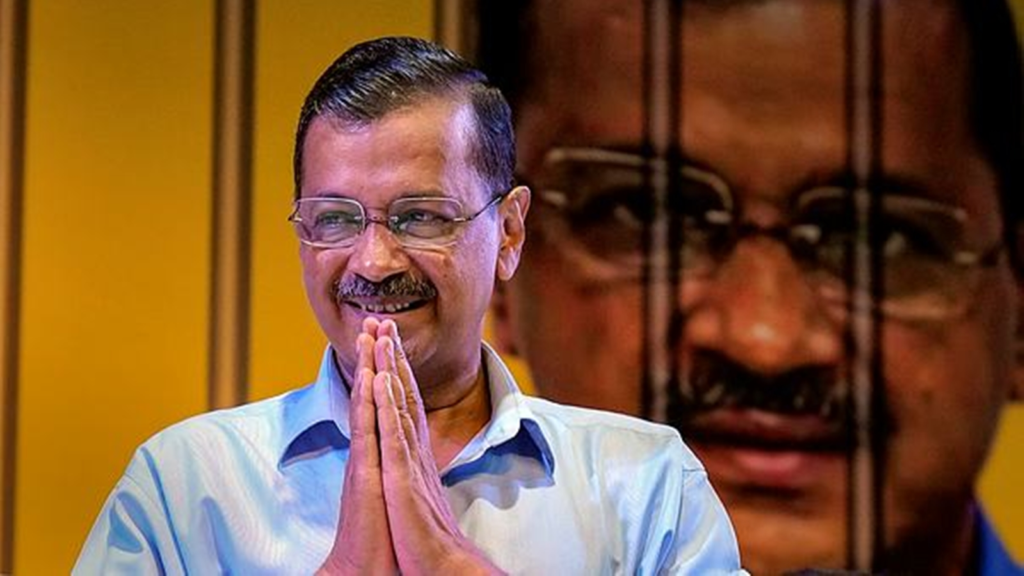In the CBI-related case of the Delhi excise scam, the Supreme Court today granted bail to Delhi Chief Minister Arvind Kejriwal. A bench headed by Justice Surya Kant decided to grant bail on a bond of ₹10 lakh.
The court stated that during the bail period, Kejriwal should not make any public statements regarding the merits of the case and must fully cooperate with the trial court. The conditions imposed in the ED case will also apply to the CBI case. The court further added that the CBI did not violate any laws by arresting Kejriwal and highlighted the significance of the timing of the arrest in the CBI case.
Senior advocate Abhishek Manu Singhvi, representing Kejriwal, argued that the court needed to consider only three factors when deciding on bail. First, whether there is a risk of him fleeing; second, whether he might influence witnesses; and third, whether he would tamper with evidence. Singhvi asserted that there was no risk of Kejriwal fleeing, nor of him influencing witnesses or tampering with evidence.
It is noteworthy that the CBI arrested Kejriwal on June 26. Before that, the ED had arrested him late on March 21 following an interrogation. On May 10, the Supreme Court granted interim bail to Kejriwal until June 1 to allow him to campaign for the Lok Sabha elections and ordered him to surrender on June 2. Kejriwal surrendered on June 2, and in the ED case, the Supreme Court granted him interim bail on July 12.

